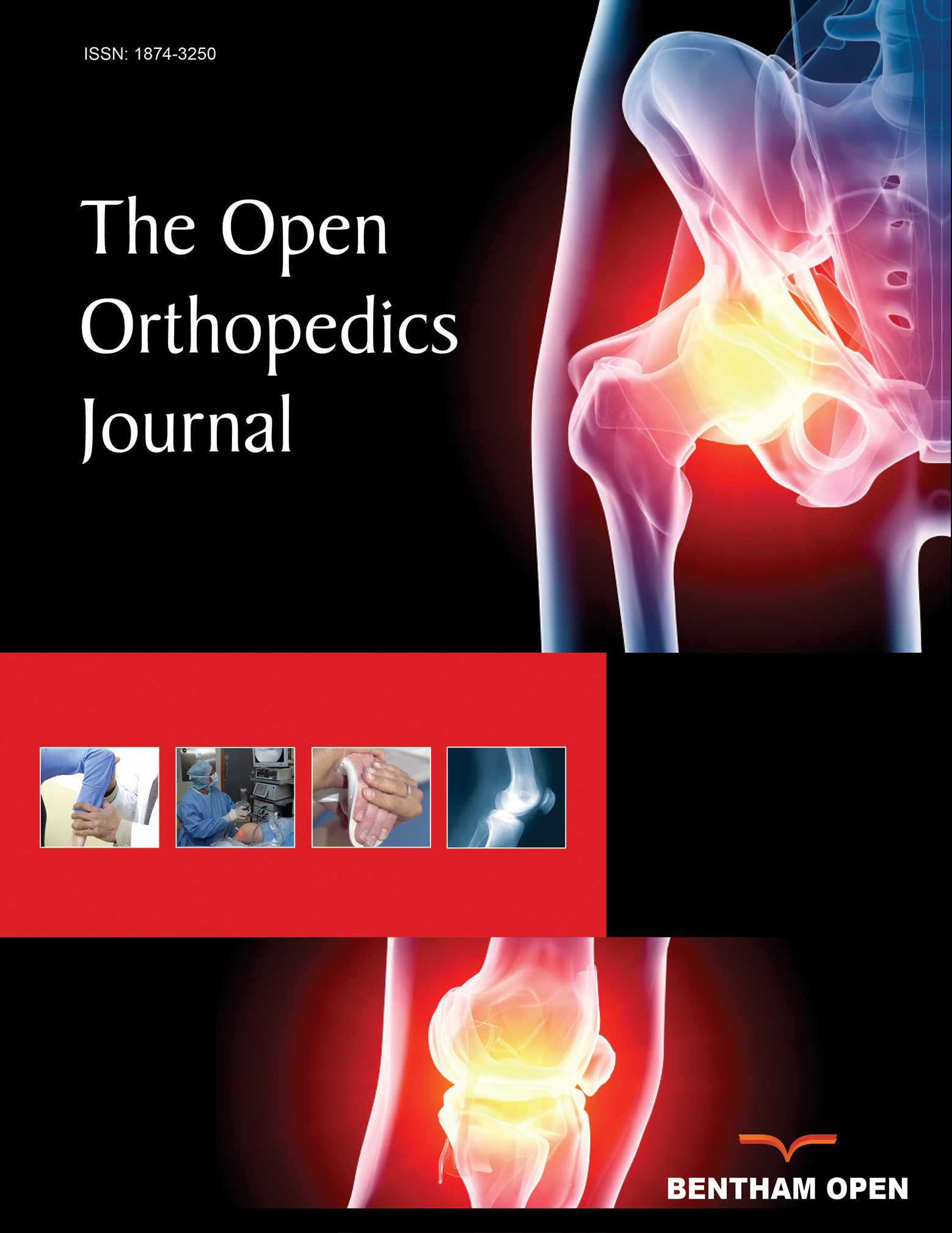All published articles of this journal are available on ScienceDirect.
HIV Infection and Bone Abnormalities
Abstract
More than 36 million people are living with human immunodeficiency virus (HIV) infection worldwide and 50% of them have access to antiretroviral therapy (ART). While recent advances in HIV therapy have reduced the viral load, restored CD4 T cell counts and decreased opportunistic infections, several bone-related abnormalities such as low bone mineral density (BMD), osteoporosis, osteopenia, osteomalacia and fractures have emerged in HIV-infected individuals. Of all classes of antiretroviral agents, HIV protease inhibitors used in ART combination showed a higher frequency of osteopenia, osteoporosis and low BMD in HIV-infected patients. Although the mechanisms of HIV and/or ART associated bone abnormalities are not known, it is believed that the damage is caused by a complex interaction of T lymphocytes with osteoclasts and osteoblasts, likely influenced by both HIV and ART. In addition, infection of osteoclasts and bone marrow stromal cells by HIV, including HIV Gp120 induced apoptosis of osteoblasts and release of proinflammatory cytokines have been implicated in impairment of bone development and maturation. Several of the newer antiretroviral agents currently used in ART combination, including the widely used tenofovir in different formulations show relative adverse effects on BMD. In this context, switching the HIV-regimen from tenofovir disoproxil fumarate (TDF) to tenofovir alafenamide (TAF) showed improvement in BMD of HIV-infected patients. In addition, inclusion of integrase inhibitor in ART combination is associated with improved BMD in patients. Furthermore, supplementation of vitamin D and calcium with the initiation of ART may mitigate bone loss. Therefore, levels of vitamin D and calcium should be part of the evaluation of HIV-infected patients.


